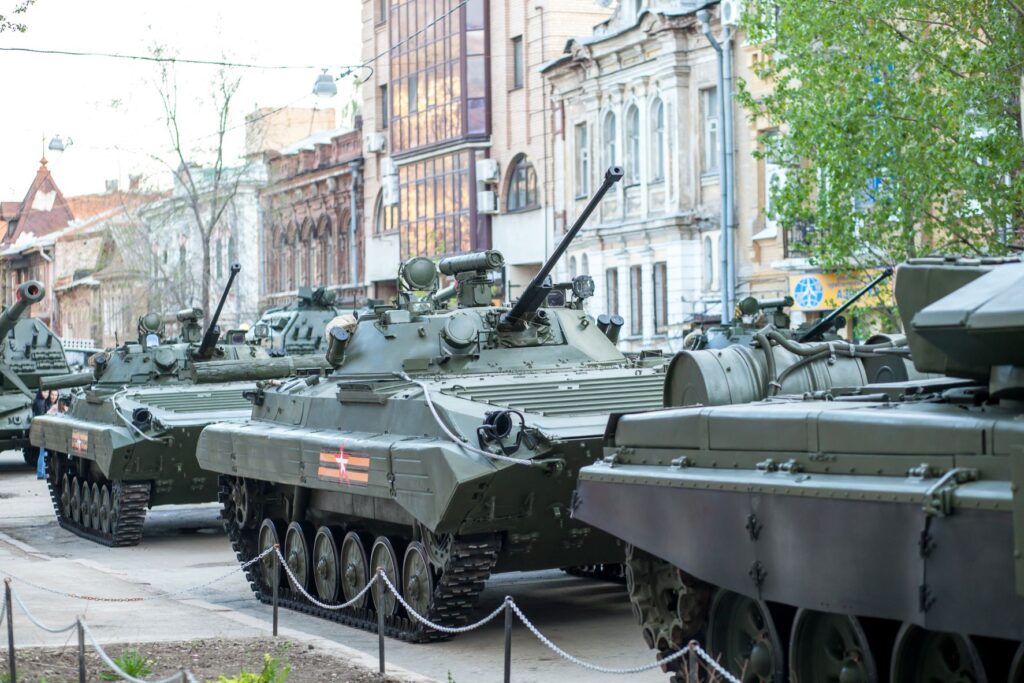*This online event took place in January 2021, before the Russian invasion of Ukraine
Q: You have devoted a large amount of your professional career to studying Russia. When did your interest begin?
A: I started learning Russian at school, and then in France, Finland, and eventually Moscow shortly before the end of the USSR. Since then, yes, I’ve spent 30 years working with or on Russia in one way or another.
Q: Naturally, people will always compare the current political tensions* to the Cold War. Is this a fair comparison, or is it outdated?
A: It’s true that there are some features of what is happening today that remind us of the Cold War. But that risks being a misleading comparison because there are key differences.
Toward the very end of the Cold War, relations between Moscow and the West were at least relatively stable and predictable – but we should also think of the decades before that, full of proxy wars and dangerous confrontations.
Russia’s idea of how it needs to deal with the rest of the world, with hostility and aggression in any domain where it thinks it will bring an advantage, is once again a major challenge to peace and stability not only in Europe but wherever Moscow feels an ambition to expand its power and reach.
“Russia’s idea of how it needs to deal with the rest of the world, with hostility and aggression in any domain where it thinks it will bring an advantage, is once again a major challenge to peace and stability…”
Q: If the West views Russia as unpredictable and irrational, how does the Kremlin view the White House?
A: Watching the Russian attitude toward Donald Trump has given a case study in how Russia understands, or often misunderstands, politics in Western democracies.
“Watching the Russian attitude toward Donald Trump has given a case study in how Russia understands, or often misunderstands, politics in Western democracies.”
Trump’s image swung between being Moscow’s puppet in the White House, to a figure of fun. But underlying it all was the persistent Russian belief that Western leaders have more power than they really do – that as in Russia, they can disregard democratic processes and order change or new policies.
The success of the US government at maintaining rule of law and frustrating some of Trump’s more extreme and dangerous initiatives confirmed not only his own suspicions about the “deep state”, but also deepened Moscow’s conviction that the West is fundamentally untrustworthy.
Q: Can you recommend any reading material—either by yourself or someone else—for anyone with an interest on the topic?
A: One of the most striking things I found when researching my own book, Moscow Rules: What drives Russia to confront the West, was how consistently past descriptions of Russia still ring true today. Again and again I found diagnoses of the Russia problem from past centuries that could be repeated word for word today.
One of the best explanations of Russia comes from the 1970s: Tibor Szamuely’s The Russian Tradition. There is also anything by Edward Crankshaw, including Russia and the Russians.
Among the many, many present-day authors covering the topic I’d recommend Angela Stent.
Thank you to Keir for taking the time to answer our questions.



